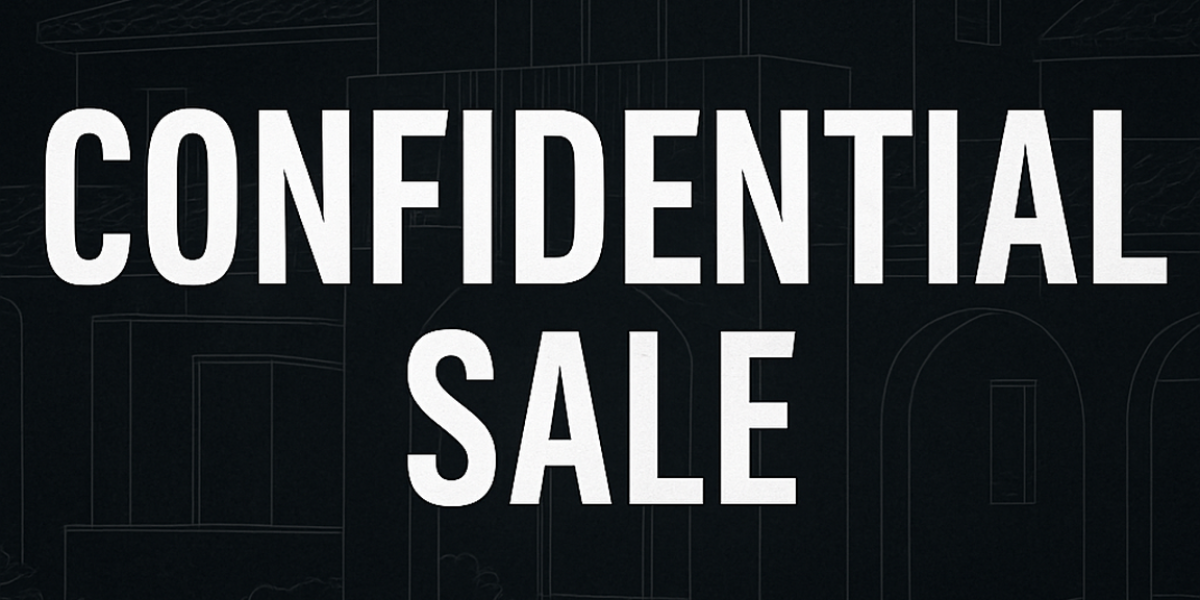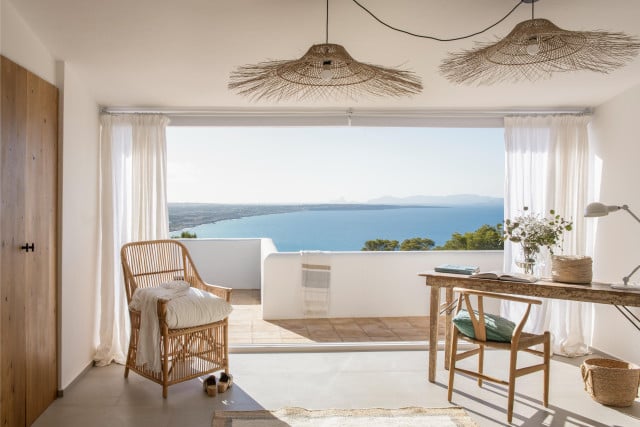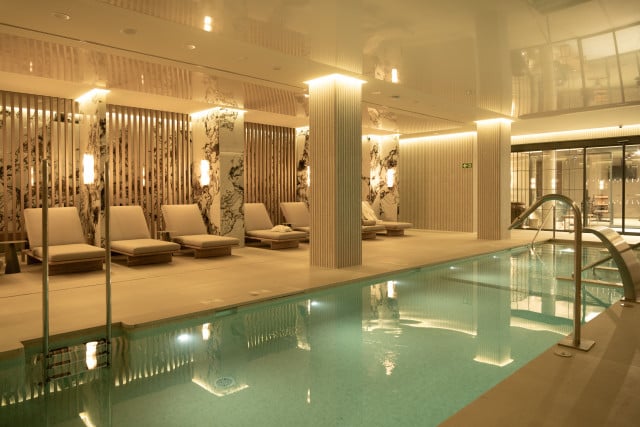Published in Market trends
Secret surge: Why Spain's luxury property lies ‘Off Market’
Spain’s luxury real estate market is embracing off-market property sales, as high-net-worth buyers seek privacy in top destinations like Madrid, Barcelona, Ibiza and Mallorca.

- Blog
- Articles
- Market trends
- Secret surge: Why Spain's luxury...
In the upper tiers of global real estate, visibility is no longer the default. For today’s ultra-high-net-worth(UHNWI) buyers, privacy is not merely preferred - it is essential. This can be seen especially in Spain, where a growing share of prime property is transacted entirely off-market and the discreet mode of sale is reshaping the property landscape, and recasting the country as Europe’s quiet capital of luxury.
The private ledger of prime property
Off-market sales (private transactions conducted without public listings or marketing), have long been the preserve of the global elite. But in Spain, their rise is no longer anecdotal; it is systemic. Industry insiders estimate that a significant proportion of high-value homes, particularly those above the €3 million mark, now change hands in silence. While exact figures are elusive by design, some agents suggest the share may exceed 50% in cities like Madrid and Barcelona, and higher still in the enclaves of the Costa del Sol.
This is not simply about discretion. Off-market deals are increasingly seen as a mark of status and an implicit sign that a property is rare, desirable and not for just anyone.
A demand for privacy in an age of visibility
The rise of the off-market model dovetails with a broader trend in luxury consumption. Across all touchpoints of the elite, fashion, travel and real estate among others, ‘quiet luxury’ has displaced ostentation. Taste is no longer about logos or scale, but about anonymity and authenticity. Buyers are seeking homes that are not only exceptional in design and location, but invisible to the public eye.
This has particular appeal for international clients, many of whom are high-profile individuals from Latin America, the Middle East or Eastern Europe, and prize Spain’s combination of political and economic stability and quality of life. For these buyers, off-market transactions offer a way to acquire real estate with the utmost privacy , while often gaining access to the most exceptional stock before it ever reaches a portal or brochure.
“Privacy is the number one driver behind the rise in off-market transactions,” says Liza Kjellberg, a Prime Sales Agent at Lucas Fox. “We’re seeing a clear shift across Spain—not just in cities like Madrid and Barcelona, but increasingly in island destinations like Ibiza and Mallorca. For many high-net-worth clients, discretion isn’t a preference, it’s a requirement. They want to buy or sell without visibility, and that’s now shaping how the luxury market operates.”
This culture of discretion is now embedded in how many of Spain’s top-end properties are marketed—or, more accurately, not marketed. Personal networks, private previews and closed sales cycles are replacing portals and open houses as the mechanisms of choice at the highest end of the market
Spain as a safe harbour for global capital

Spain’s ascent as a luxury destination is supported by strong macroeconomic fundamentals. The International Monetary Fund forecasts GDP growth of 2.3% for Spain in 2025, outpacing the eurozone average. Inflation has moderated, and the country’s political environment remains stable, even amid broader continental volatility.
But the supply side tells a more powerful story. According to recent analysis, while prime housing stock in Spain grew by just 7% in 2024, total supply in some luxury markets fell by as much as 12%. New-build completions have dropped more than 50% in some regions, tightening availability and putting upward pressure on prices. National house prices are expected to rise around 4% in 2025 and even higher in coastal and capital city hotspots.
This scarcity is particularly acute at the top end. In Madrid, where international demand continues to rise, trophy properties rarely make it to public listing. In Marbella and the so-called “Golden Triangle” of the Costa del Sol, over 30% of high-end buyers in the past year have come from abroad, and many of the best properties change hands through private introductions, not search engines.
Beyond the transaction: Buying into a lifestyle
What draws so many to Spain is not simply a property, but a way of life. Year-round sunshine, Michelin-starred restaurants, international schools, world class museums and connectivity to Europe’s major capitals all contribute to its appeal. Increasingly, the luxury offering is evolving to meet global expectations: wellness architecture, sustainable design, and branded residences are expanding in reach, but even these trends are often handled out of sight.
Some of the country’s most ambitious residential developments are now selling their flagship units through closed networks, targeting a narrow circle of buyers long before press releases go out. The principle is simple: if you have to ask, it’s probably not for you.
Conclusion: Spain’s silent ascendancy
In a world of oversharing, Spain’s luxury property market is thriving by whispering. The rise of off-market sales is a structural shift that aligns perfectly with the preferences of modern global wealth. As the country continues to attract capital, talent and lifestyle-driven migration, the silent market is likely to expand further.
For buyers, this means access is increasingly about relationships, not search engines. And for Spain, it confirms what insiders have long suspected: that the country is no longer merely a holiday home destination, but a key node in the global network of discreet, high-value living.





